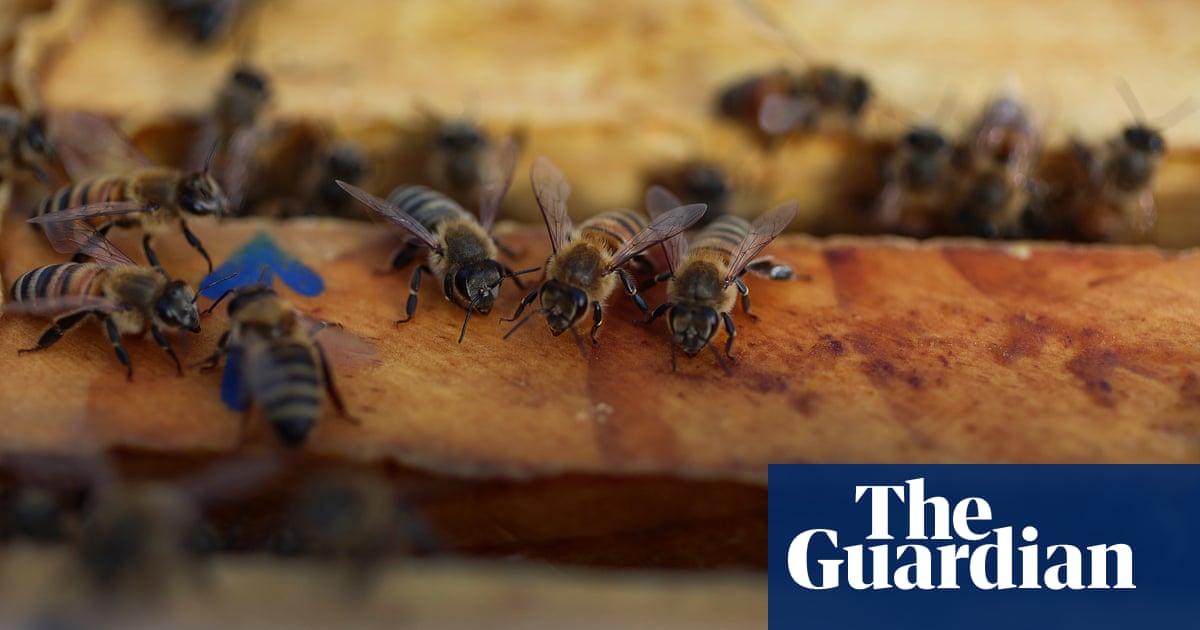Summary
US honeybee deaths hit a record high, with beekeepers losing over 60% of colonies this winter.
The crisis threatens pollination of key crops and has led to financial ruin for many beekeepers. Scientists cite climate change, habitat loss, pesticide use, varroa mites, and poor handling as potential causes.
The USDA is investigating the latest losses, but Trump-era staff cuts have slowed research, prompting Cornell University to assist.
Despite increased colony numbers from rising beekeeper interest, loss rates continue to surge, endangering agriculture and ecosystems.



“Invasive” and “not native” are not interchangeable. Honeybees are not native to North America, but they are not an invasive species.
Also, most of our staple crops aren’t native and we need the bees to pollinate most of them.
You don’t need bees for wheat, corn, rice or potatoes, but just about any fruit require them.
Tell that to all of our native bee species that have lost habitat and resources to the highly aggressive Africanized honeybees taking over our ecosystem. They are, in fact, invasive.
But I also believe that pesticides are not the answer. There are ways of managing bee activity and the company I work for is actively engaged in developing new, pesticide-free bee and wasp control systems. I hope they will be used much more than pesticides in the future.
Well if you change the topic to Africanized honey bees, yeah. They are invasive. The bees that people keep are not.